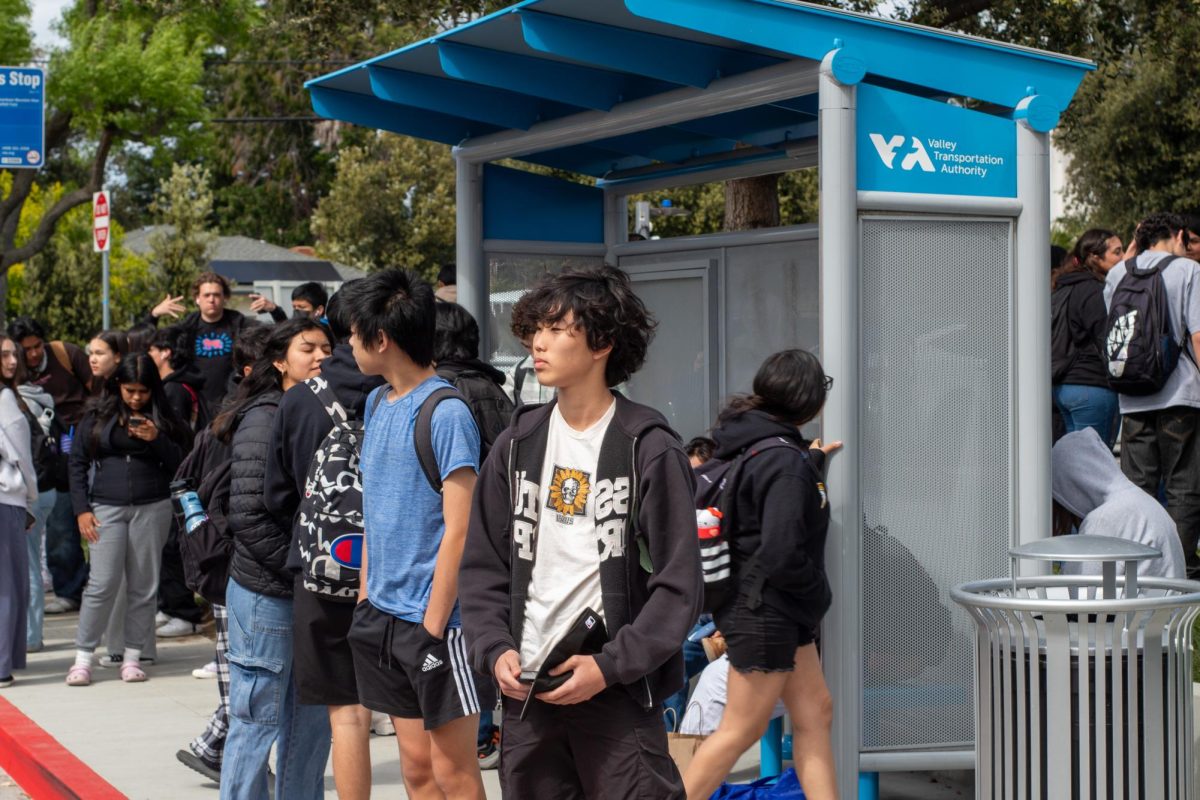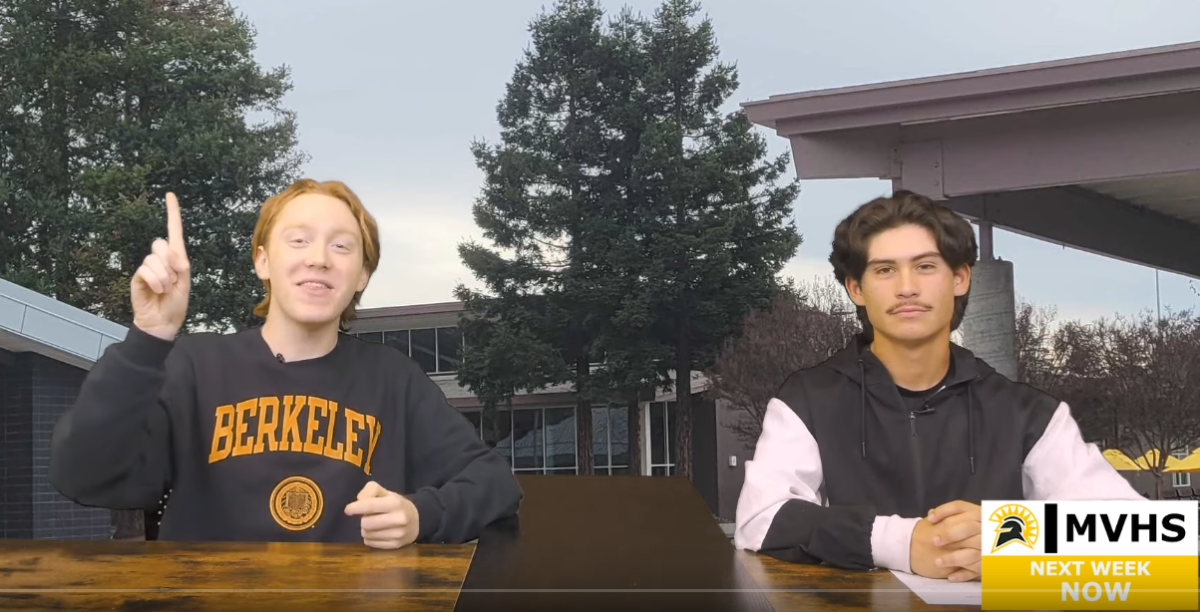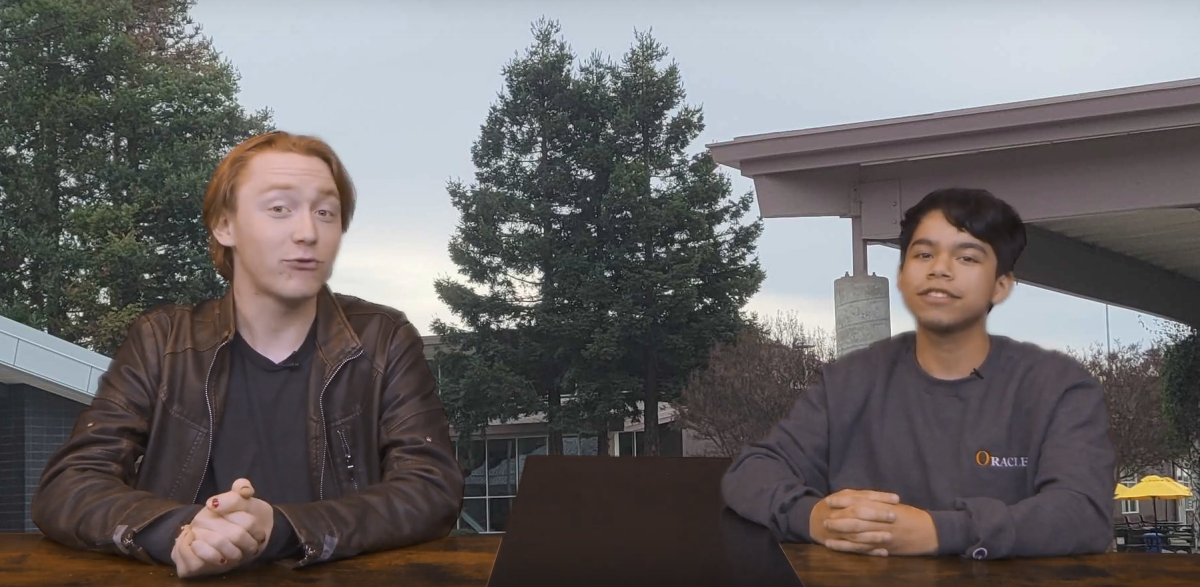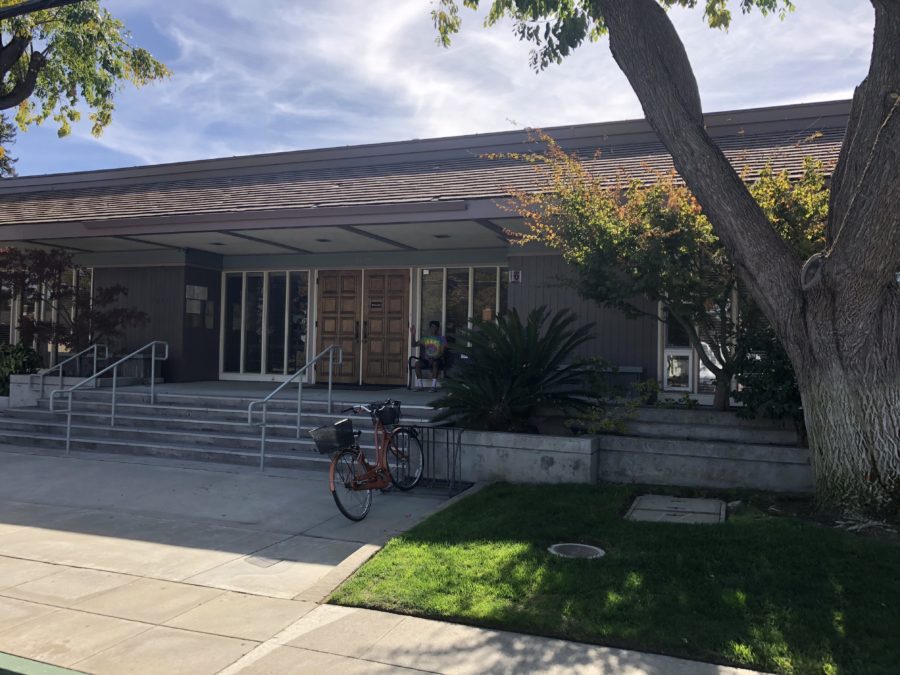The district is currently in the middle of a large effort to update the entirety of its school board policies, the majority of which have not been updated in 24 years. Every district in California abides by policies enacted by its school board, which govern all aspects of campus, which include personnel, students, instruction, and facilities. Roughly 1000 policies dictate administrative regulations, from test integrity and graduation requirements to policies for transfer students and those in unstable housing.
As rulings on court cases and state legislation set new standards in regards to K-12 education, districts must periodically update their policies to be in compliance with new laws.
The MVLA district last updated most of the school board policies in 1995, according to Superintendent Jeff Harding. Harding said that without updating certain policies, the district risks possible legal exposure.
“Having current policies is important so that our administrators make better decisions,” Harding said. “We want to protect rights of our students and we want to protect our school district and our community and the best way to do that is to follow the law, and they’re constantly changing.”
With 880 policies to update, Harding has been working since December 2016 to update the district’s policies so that they conform with the latest laws and said he plans to finish the process before his retirement in June.
The district contracted with the California School Boards Association to write policies, which a subcommittee of two trustees then review and the school board adopts.
Certain issues that receive more political attention, such as school safety or suspensions, see updates more often.
For example, an update to expulsion policy approved at the Jan. 14 board meeting now requires schools to report to the California Department of Education when a student is penalized for possession of a firearm.
Another recent update to the interdistrict transfer policy now allows students that move after sophomore year to remain enrolled with the district. Previously, only students who moved after junior year had that opportunity, Harding said.
“If a student moves after their sophomore year then something probably happened [where] they were forced to leave the area and all their friends were here,” Harding said. “If they were willing and wanting to commute back to finish those two years, that was a way we could be compassionate to them,” Harding said.
According to Harding, the long wait to update board policy is not common among districts, referring to it as an unusually “long time.” In the future, Harding said that the district will revise each policy one at a time as CSBA sends them new board language in order to expedite the process and ensure that the district operates under more current policy.
































